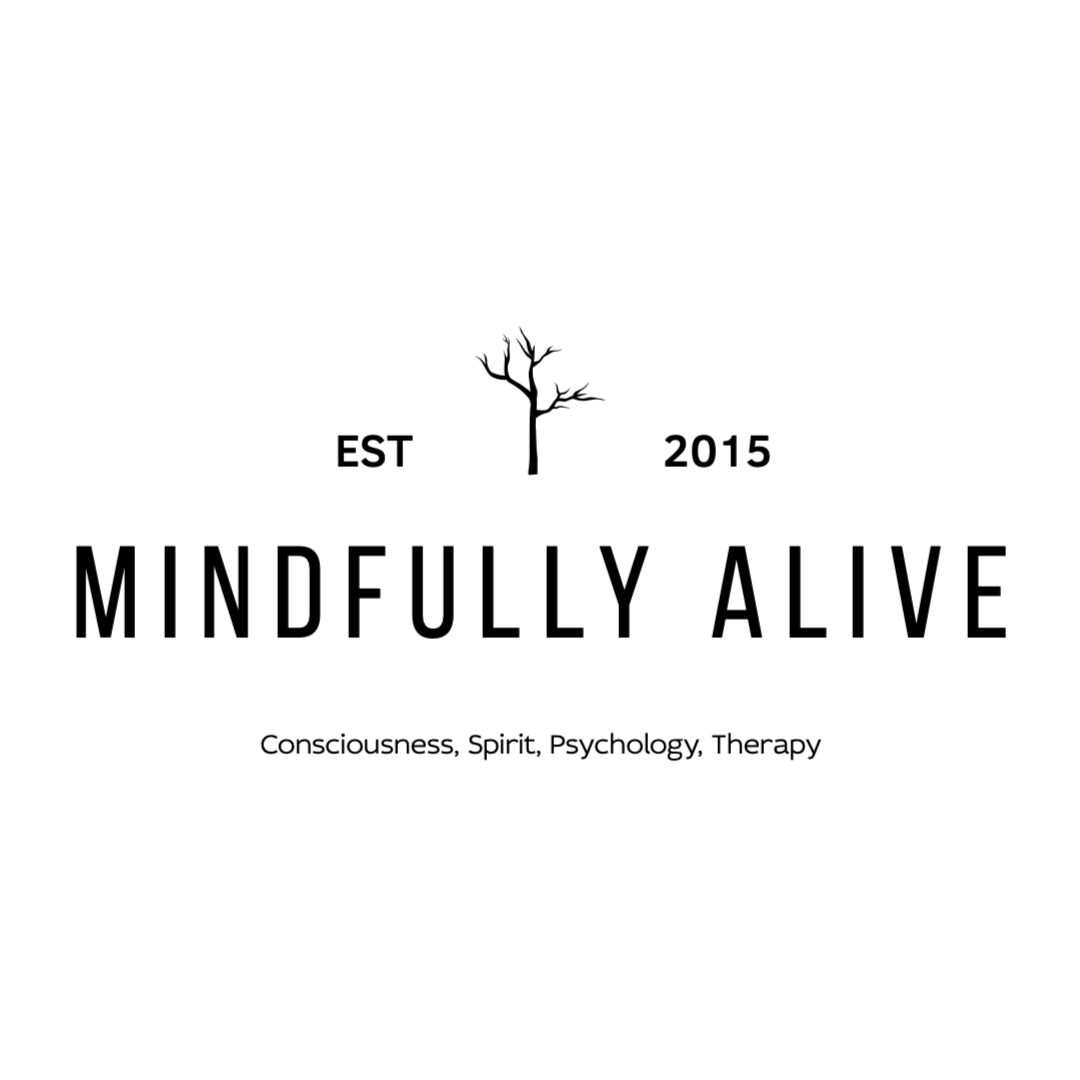Being raised by emotionally immature parents has long-term psychological effects.
 Navigating the complexities of adulthood can be particularly challenging if you grew up with emotionally immature parents. These individuals may have struggled to provide the emotional support, stability, and nurturing that children need to thrive. As a result, adult children of such parents often face unique emotional and psychological hurdles.
Navigating the complexities of adulthood can be particularly challenging if you grew up with emotionally immature parents. These individuals may have struggled to provide the emotional support, stability, and nurturing that children need to thrive. As a result, adult children of such parents often face unique emotional and psychological hurdles.
Our emotional needs required a grounded, mature, and responsive parent to truly thrive. The long-term effects of being raised by emotionally immature parents can be subtle, yet profound influencing relationships, self-esteem, and mental health in ways that shape our lives.
If you are researching this topic, it is very likely that you have endured some painful adult experiences before making the origin of your pain obvious.
Some common effects of being raised by an emotionally immature parent include:
– You dismiss or avoid your own emotions
– You dismiss your own needs in relationships
– You struggle with people pleasing tendencies
– You struggle to ask for help
– You’ve experienced adult romantic relationships in which you had to “earn” love or were one sided
– You were told you were “too sensitive” or weak
– You frequently experience emotional loneliness even in relationships
– You do most of the emotional heavy lifting in relationships
– You constantly worry about whether someone is upset with you and are always trying to make others feel better
– When you try to set boundaries with your parents or others, you immediately feel guilty/selfish
– You experience a lot of shame
– You tend to be highly self-sufficient and sometimes think that you don’t really need other people
– You feel inadequate, not good enough or inferior
– You tend to never feel safe or stable in a relationship and operate on high anxiety, feeling like the rug can be pulled out from under you at any moment
– You have difficulty trusting others
– Believing that “if I’m truly myself then I won’t be loved”
– You might struggle to tolerate or respond with empathy to your child experiencing difficult emotions
– You constantly monitor the feelings of other people around you, becoming vigilant to any signs of anger/frustration
– You were the “good kid” growing up, rarely causing “trouble”
– You tend to overexplain yourself
– You fear disappointing people
– You believe that other people feeling good is more important than you feeling good
– You need to walk on eggshells because you don’t want to upset anyone
– You share what you think others want to hear
– You find yourself to be the “therapist” with your friends
– Your parents tend to be “too close”, “too-needy”, creating a sense of suffocation on you as an adult
Living with the long-term effects of growing up with emotionally immature parents, eventually starts to take a toll. Overachievement, perfectionism, staying busy, overthinking and struggling with self care are a few more common results. People have developed anxiety, depression and even panic attacks as a consequence of the cumulative effect of this burden on the psyche.
You CAN break free from these harmful patterns, connect deeply with yourself and others and become your most authentic self.
 Recognizing that your parents were indeed, emotionally immature provides freedom from the internalizing the effects of this type of childhood by recognizing that their neglect was about them- not you. Breaking the cycle of self-blame, clarifying the source of pain, understanding patterns and understanding their limitations, can help shift perspectives and significantly impact your emotional well-being and self-empowerment.
Recognizing that your parents were indeed, emotionally immature provides freedom from the internalizing the effects of this type of childhood by recognizing that their neglect was about them- not you. Breaking the cycle of self-blame, clarifying the source of pain, understanding patterns and understanding their limitations, can help shift perspectives and significantly impact your emotional well-being and self-empowerment.
Hallmark characteristics of emotionally immature parents:
– Have difficulty taking accountability, showing empathy and lack self-awareness
– Have difficulty seeing even their adult children as individual, sovereign beings with their unique needs, interests, preferences and goals
– See their children/adult children as extension of themselves
– Tend to be overly critical and have difficulty acknowledging your accomplishments
– They are unpredictable in their behavior, sometimes showing you glimpses of emotional connection but then flipping the switch unexpecteldy
– Tend to live on the surface and cannot tolerate emotional depth
– Dismiss critique or shame you for having any feeling
– Have unrealistic expectations of their children
– There is a lack of privacy between the child and the parent
– Related to you as a confidant, friend or therapist when you were growing up exposing you to adult problems (infidelity, financial struggles) creating fear and anxiety in you – creating role reversal
– Frequently overreacted to relatively minor things
– They create self-doubt in you especially when you are in an uncertain situation already
– Didn’t provide much attention or compassion unless, maybe when you were sick
– Can be rigid or impulsive and defensive protecting their ego at all costs
– They have trouble admitting mistakes and instead discount facts and blame others
– In any interaction, all roads lead back to them, however are not self-reflective
– They attach their own value to your achievements
– They are emotionally need and need their child to soothe them
– They seem to be emotionally invested with acquaintances or even strangers, but not for more intimate relationships
– They justify providing for your basic needs (food, shelter) and martial things as showing love
– They use guilt, shame, punishment and control to shape their child’s thoughts, feelings and behaviors
– They may have said: “I’ll give you something to cry about!”
– They have intense but shallow emotions
Breaking the legacy of this type of generational trauma is no easy task- but it is doable. Reflecting on generational family histories, will likely indicate that your parents’ emotional underdevelopment can be traced to their own childhoods and their relationships with their own parents.
Don’t waste one more day- counseling for adult children of emotionally immature parents can help!
 At Mindfully Alive, we highly value the importance of reversing this type of toxic psychological legacy and helping people reclaim their lives.
At Mindfully Alive, we highly value the importance of reversing this type of toxic psychological legacy and helping people reclaim their lives.
To begin with, we skillfully will guide you in restructuring these dynamics with parents and others in your life. We tailor your individual therapy journey to free you from fear, shame and self-doubt. Severing all ties with emotionally immature parents is not always necessary or ideal, so we will teach you how to set boundaries (without guilt) and protect yourself from further hurt.
Furthermore, we don’t always have to focus on the past to create change in the present. Our therapists are highly skilled at helping clients break free of distrust, shutting down, people-pleasing or feeling ‘less than’ in their current relationships.
What’s more, our clients begin to recognize what it feels like (for the first time) to feel emotionally SAFE, to allow vulnerability and mutual reciprocity to guide their connections. They learn to connect without fear- to be their whole self (flaws and all) in their relationships. They begin to recognize what differentiates emotionally available, and emotionally unavailable people in their lives and proceed accordingly. They learn to clearly articulate and communicate their needs in their relationships.
We mostly rely on relational theory, mindfulness, IFS and trauma-informed therapy to foster growth and healing. At times, EMDR may be used to reprocess and release old memories and emotions from the body while creating new meanings.
 Our therapists are specifically trained to help you address any unmet needs, identify patterns, create new ways of relating to others, handle life’s challenges with greater confidence and stability, enhance communication skills and create life choices and develop healthier relationships contributing to overall wellbeing and life satisfaction.
Our therapists are specifically trained to help you address any unmet needs, identify patterns, create new ways of relating to others, handle life’s challenges with greater confidence and stability, enhance communication skills and create life choices and develop healthier relationships contributing to overall wellbeing and life satisfaction.
Grieving a childhood that was never actually a childhood is also a very important part of the work. Your parents were supposed to take care of your feelings when you were a child-not the other way around. Inner child work is also a cornerstone treatment path that we may use, in order to guide you towards meeting your own needs with self-love, patience and grace. In fact, when our clients are able to reparent themselves, then we know the healing journey is complete.
Create a new legacy- true connection with others and express your authentic self in this life.
- You didn’t have to raised in material impoverishment to have experienced poverty of care.
- You didn’t have to have a non-exisisting parent to experience abandonment or neglect.
- You didn’t have to experience trauma to be impacted by this type of pain and grief.
- You didn’t have to have it “as bad” as your parents or others to have been harmed.
 The parent-child relationship is supposed to be a one way relationship in which the child is supported with emotional security and celebrated for its individuality. The child is supposed to be the emotionally immature person who is learning about feelings while connected with a safe, nurturing, available and selfless parent. Without a sense of validation, approval or connection, children learn to give in to what their parents feel sure about, disconnecting from their needs, their intuition- their true self, becoming what their parents need them to be. This is because our human need for belonging and connection is an innate biological, primal need.
The parent-child relationship is supposed to be a one way relationship in which the child is supported with emotional security and celebrated for its individuality. The child is supposed to be the emotionally immature person who is learning about feelings while connected with a safe, nurturing, available and selfless parent. Without a sense of validation, approval or connection, children learn to give in to what their parents feel sure about, disconnecting from their needs, their intuition- their true self, becoming what their parents need them to be. This is because our human need for belonging and connection is an innate biological, primal need.
With awareness and grace, you can abolish this pattern from your legacy, break the cycle and experience true connection and engagement within healthy relationships.

